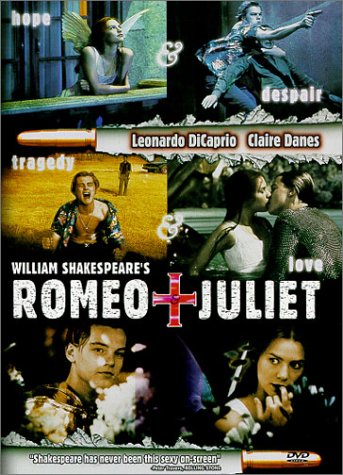It's the first of her books I've read. ...I found myself looking forward to finishing, but also reading with enjoyment (Patchett creates narrative tension extraordinarily well)...much of its plot struck me as outlandish. Yet when I was in the last chapter, I felt like I'd been through a remarkable experience. I looked back at the journey of the novel with amazement and pleasure at what I and the characters had been through. Ultimately I am confused about it.State of Wonder gave me a great deal of food for thought; I've been thinking about it on and off since I read it in May. "Outlandish" is still the best word I know to describe the plot of the book, and yet I never scoffed and gave up because Patchett had written something that wasn't believable on the human scale.
The question I found myself asking after I read State of Wonder was whether it matters that the world of a book is far-fetched, as long as the author has confidence and skill. I thought State of Wonder worked, and I enjoyed it in the process of reading it, but when I was finished, the down-to-earth side of my brain protested that such a wacky premise should never have gotten on the page at all, much less published.
What's the point of novels, anyway? To build a world that's so realistic, on its own terms, that no one will question that they're reading something that could actually happen? Or to build a world, any world, into which the reader can tumble, entire, like Alice into the rabbit-hole? State of Wonder made me ask these questions. A book that casts a complete spell the way it did really reorients my view on fiction, and reminds me of how books felt when I was a little girl - how much I viewed them as utter escape from the present. A magic carpet, bound and glued, that took me wherever the author wanted me to go, no matter whether the destination was a real place or not. Wonder was maybe not realistic, but it was spellbinding, and it reminded me that there are more things between paper covers, Hemingway, than are dreamt of in your philosophy.
I've read weirder stuff, sure. Sci-fi and fantasy books go way outside the realm of near-fetched. But Patchett is a contemporary literary author, and I don't think Wonder is meant to be magical realism. Even if it is, it doesn't read that way; it reads like...crazy realism? Exotic realism? I don't know that there's a term for it. It reads like it's outside the rules of any one genre.
But I fell head-over-heels into it, and I did the same for Bel Canto, which is not equally far-fetched, but close. It's based (loosely) on a real incident, but truth is stranger than fiction and this is pretty strange fiction. I loved the characters, I raced through every page, and I was slightly bereft when I was finished. I bought into every detail even as that other side of my brain tapped a foot and sniffed highly improbable. Once I was used to the outlandishness, I was sorry to let it go to return to more firmly realistic fiction.
I think the old truth about the rules of writing fiction - the importance of not breaking them is inversely proportional to how good your work is - applies here, but I still couldn't nail down for you exactly what rules it seemed to me like Patchett was breaking. There's no rule that says your scenario has to be believable in the real world. State of Wonder made me see that potentially, the most important rule is that the reader has to want to turn the page and read what comes next.
I guess the takeaway is that every writer needs to build a rabbit-hole - a consistent, intriguing world in which it's safe to suspend disbelief. Maybe that world is 90s-era Portland, where young grungers fall in love and have unsafe sex (Girl); or it's an otherworldly backcountry that's populated by fairies as well as credulous, romantic young men (Little, Big); or it's Viking-era Greenland, so thoroughly historically accurate that the novel can be used as a secondary source (The Thrall's Tale). Make me a sound rabbit-hole, and I'll tumble in without a thought.
Maybe another takeaway is that I need to suspend that foot-tapping self a little more often. She's kind of awful.























